Electronic industry waste recycling
Currently, buying a personal computer is much cheaper than upgrading the previous computer. What will happen to the previous computer? Electronic waste, which some people have compared to the dark side of the new digital world, has created many problems for our environment. In this article, we have tried to address the issues of electronic waste recycling.
Trash:
Everything is thrown away because it is unusable.
Waste:
Waste includes solid, liquid, and undesirable gas after completing a process. Wastes can be considered as potential resources in industrial ecology. What is discussed in this article is the solid waste that is related to computer components and can be reused according to a process.
Electronic waste (E-waste):
The electronic industry has enjoyed high and rapid growth. Along with this growth, obsolete and old products of the industry are increasing day by day; Electronic waste now has the highest growth in today’s industrial world and most of the industrialized countries are facing this problem.
Now most governments are thinking of recycling these products in solid form. A part of industrial waste includes a wide range of electronic devices such as freezers, air conditioners, mobile phones, personal voice recorders and all electronic devices used up to computers.
Types of electronic waste in the computer:
- Information technology equipment
- Fun equipment
- Telecommunications equipment
- Audio and visual devices such as CDs
- Different types of printers and their equipment such as cartridges
- Electronic circuits of printers
- Batteries
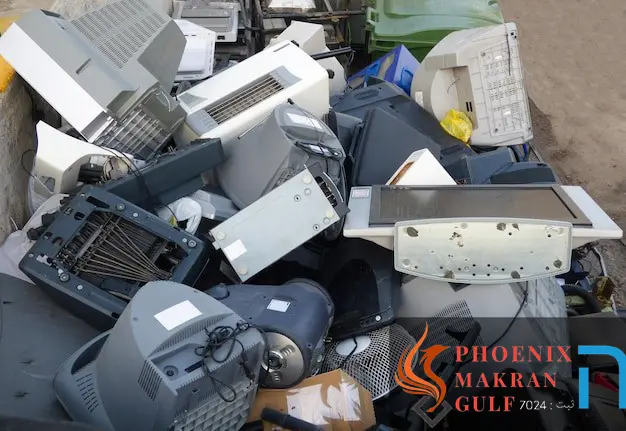
Electronic waste in India:
India today has about 1.38 million obsolete computers and its manufacturers add 1,050 tons of electronic waste to it every year. This number is small compared to 20 million computers outside the US category, but it shows a “growing trend”. This issue has become more complicated with the arrival of electronic waste from Singapore and South Korea.
Environmental experts in India have warned that even using basic and preliminary methods to recycle electronic waste is very dangerous for human health and the environment, and therefore the import of waste and computer waste to India should be seriously prevented.
Computer parts – including monitor, printer, keyboard, central processing unit and floppy drive – contain precious metals such as gold, silver and platinum. Of course, it also contains dangerous substances such as lead, cadmium and mercury, and the decomposition and recycling of these substances is harmful to human health.
Electronic waste in Iran:
According to one of the environmental experts in Iran’s environmental organization, there is still no program in the field of recycling electronic materials, especially toxic materials found in computer hardware components. According to this expert, although there are toxic materials in computers, recycling them is much more expensive than throwing them away, and as a result, the necessary predictions have not been made in this field yet.
Where does electronic waste come from?
In small and personal matters: Nowadays, due to the increase in technology, the existence of new application software, computers are usually upgraded once every 18 months, and each computer does not have a useful life of more than four or five years. By larger centers: such as Microsoft, which has 50,000 employees worldwide and provides new computers to members every three years. Some of them have more than one computer.
Where does electronic waste go?
Electronic waste was burned or buried in the ground in America. It seems that most of the electronic waste is household or related to small organizations that burn them instead of recycling.
Some computers are reused. That is, when a personal user removes it, it is used by other people, which of course is three percent.
Electronic waste recycling centers: recycling materials is much better than incinerating them.
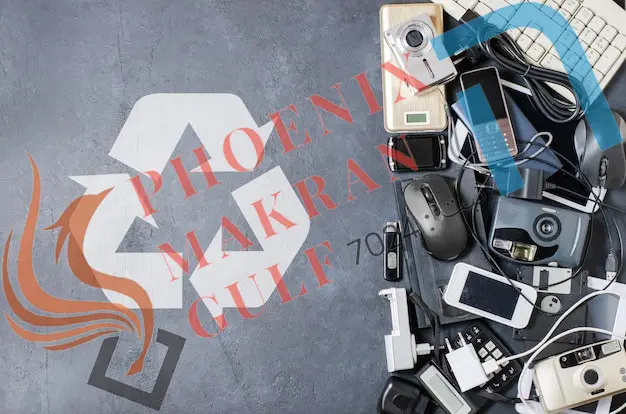
List of toxic electronic components in the computer
- Computer circuit board that contains heavy metals such as lead and cadmium
- The computer batteries you have are cadmium
- Cathode ray lamp with lead oxide and barium
- Copper cables with PVC coating And the plastic parts of the computer that release very toxic dioxides when burned to recover valuable metals.
Playing in the form of waste traders:
Consumers may be surprised to find that most companies that call themselves “computer recycling and e-waste” are more concerned with the waste business than the actual business of e-waste recovery! They do this directly or indirectly.
Electronic waste recovery suggestions:
- Creation of local offices and unions to deal with electronic waste recycling.
- Planning for material recycling can be one of the duties of representatives and manufacturing companies (like what IBM or Dell have done).
- Reusing and donating electronic materials to centers that need them
- Recovery of electronic materials.
- Buying devices that do not harm the environment and have special signs indicating this
- What is important for developing countries is the drafting of laws related to the recycling of electronic materials. The laws compiled by the Environmental Protection Agency in America can be a good model in this matter.

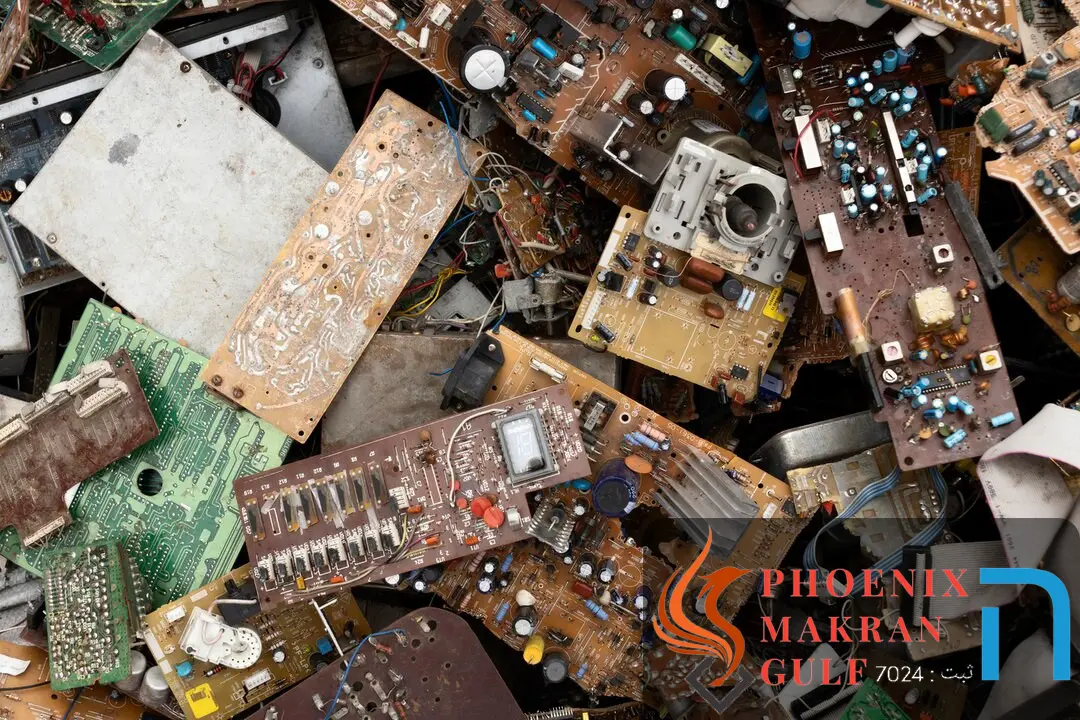
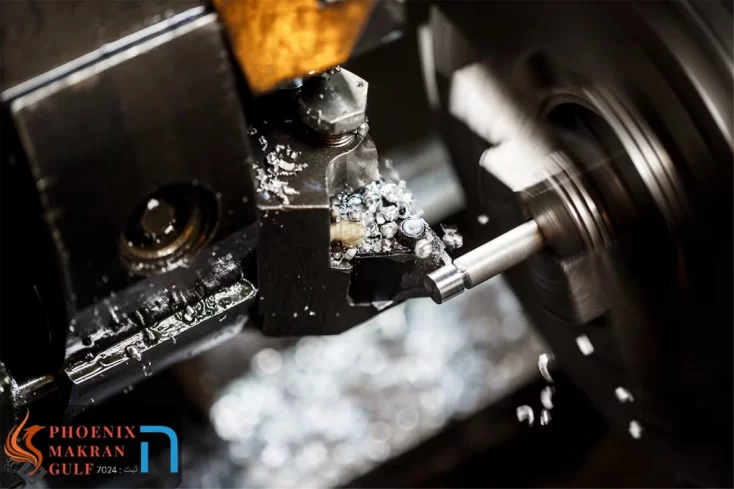
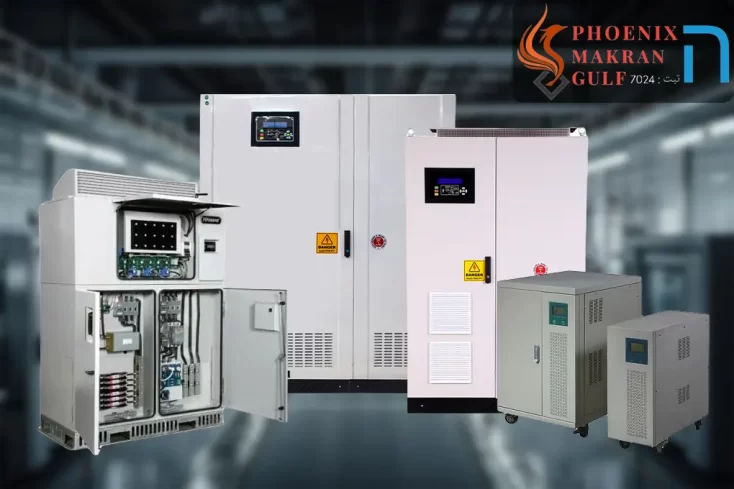
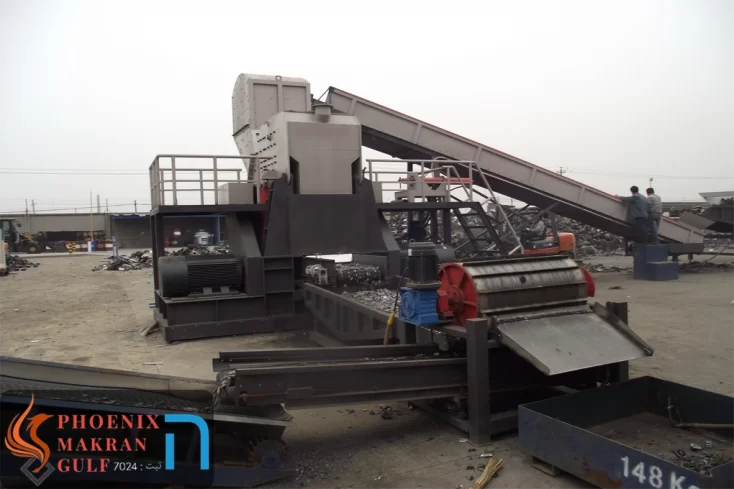
Promoting e-waste recycling is not only essential for safeguarding our environment but also for conserving valuable resources. Many electronic devices contain precious metals and rare elements that can be extracted and reused, reducing the need for mining and lessening the strain on our planet’s natural resources. I encourage individuals, businesses, and policymakers to take active steps towards responsible e-waste recycling. By supporting initiatives that promote proper disposal and recycling of electronics, we can make a real difference in reducing the negative impact of electronic waste on our planet.